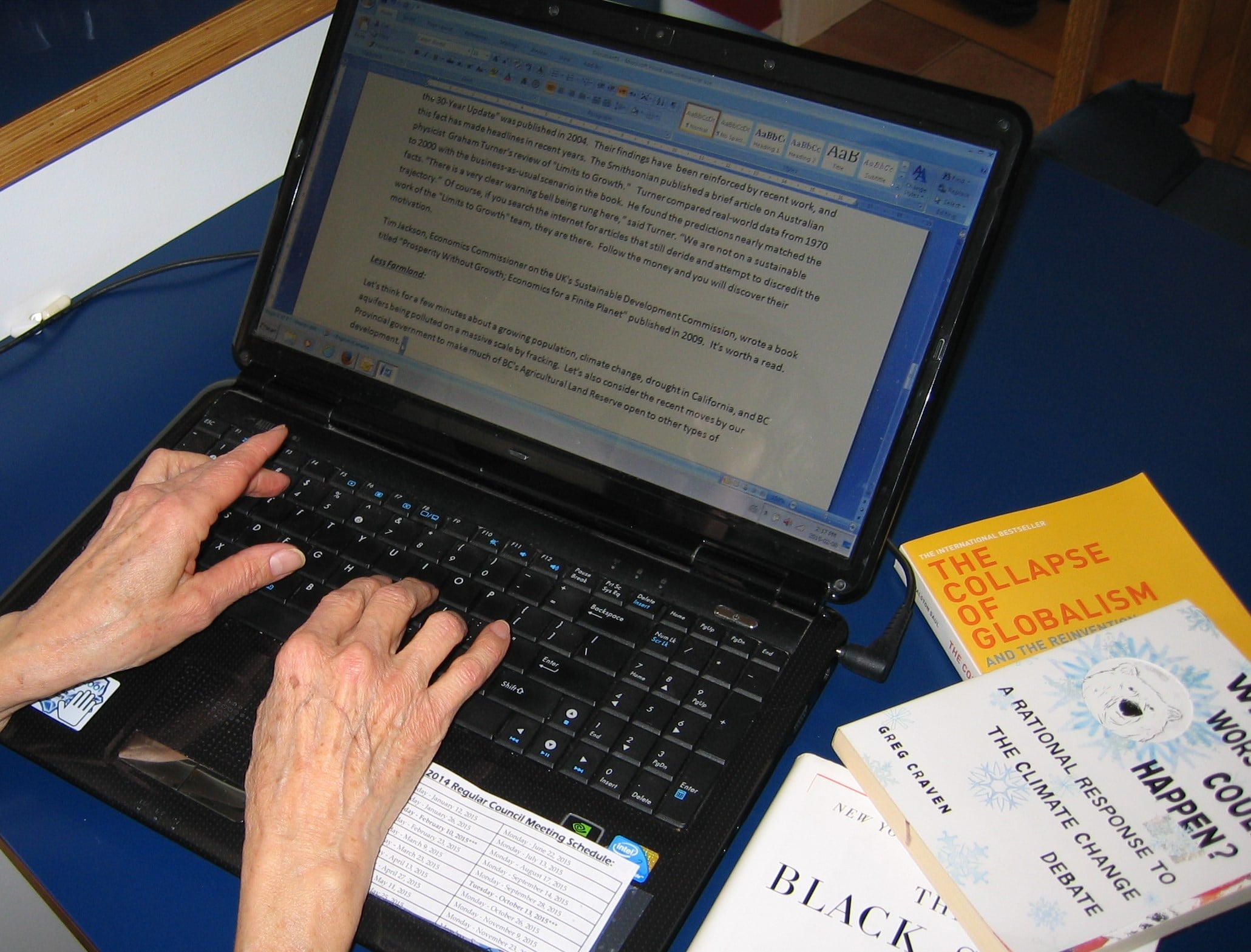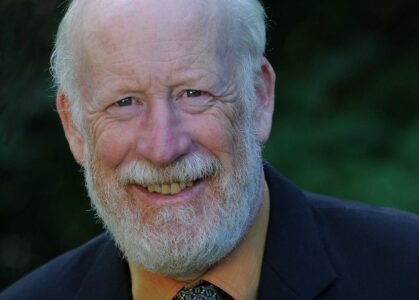Editorial: On the voting age in BC
Readers may have noted that the overwhelming response to the current opinion poll on the voting age in BC opined that “16-year-olds are still too immature to vote responsibly.” Given some of the electoral decisions made by adult registered voters, one may wonder if adults are also too immature to vote responsibly. No, I’m not talking about where they put the “X” on their ballots. I’m talking about the fact that, historically, too many of them have chosen not to bother putting any “X” on any ballot.
I’m also talking about the many people of legal voting age who still reject facts that are beyond any legitimate debate – and by “legitimate debate” I mean debate based on facts accepted by the overwhelming majority of the scientific community.
Why are there still people who consider themselves well-informed enough to vote who seem to get all their “information” from conspiracy-theory sites, or from ridiculous FaceBook memes of the caliber of one I saw today which claimed that 2018 is an amazing year because each day in a month of the same number (ie., January first, February second, March third, and so on) was a Sunday. A quick look at a calendar disproves that assertion in less than a minute.
Similarly, a very small amount of good-faith research into matters of science could easily provide information for those who are willing to face reality, acknowledge some unpleasant facts, and base voting decisions on hope and a desire to improve reality – instead of failing to vote at all, or shaping one’s world-view on wishes instead of facts. Or on some ignorant troll’s bilious ad hominem attacks on prominent scientists and their work.
So, no, I am not convinced that most 16-year-olds are any less mature when it comes to voting choices than most adults. Any 16-year-olds who have an interest in how the world unfolds, the world that they must inhabit for the rest of their lives, may very well be (or become) better-informed than many of the older people around us.
Would 16-year-olds just vote the way their parents tell them they should vote? Maybe, or maybe not. The teens are known to be a time of separating from parents and parental ideas, of rejecting authority, and of wanting to strike out on one’s own. Besides, how many adults among us still vote the way their parents voted? I’m guessing, more than a few. Is that somehow more “mature” than teens doing the same thing?
The question of voting age most recently arose in the US, after the latest school shooting, with the activism of such teen survivors of that particular massacre as Emma Gonzalez, David Hogg and all the other young supporters of reforming America’s gun laws to make the country a safer place – for everyone, really, but the focus is on school children.
Arguably, these young people are well-qualified to urge the changes they’re advocating. They’ve done their homework. We have no real reason to believe that, given the opportunity to vote, any 16- and 17-year-olds who want to vote would abuse the privilege by failing to do their homework. After all, they’re accustomed to studying issues and doing research. They are of an age to have inquiring minds, to be open to considering ideas and facts, and to discuss issues. Unlike many older people, they’re still capable of changing their minds on the basis of new information.
I say, let them vote. They’re not likely to make our political landscape any worse, and they could make it better.


























